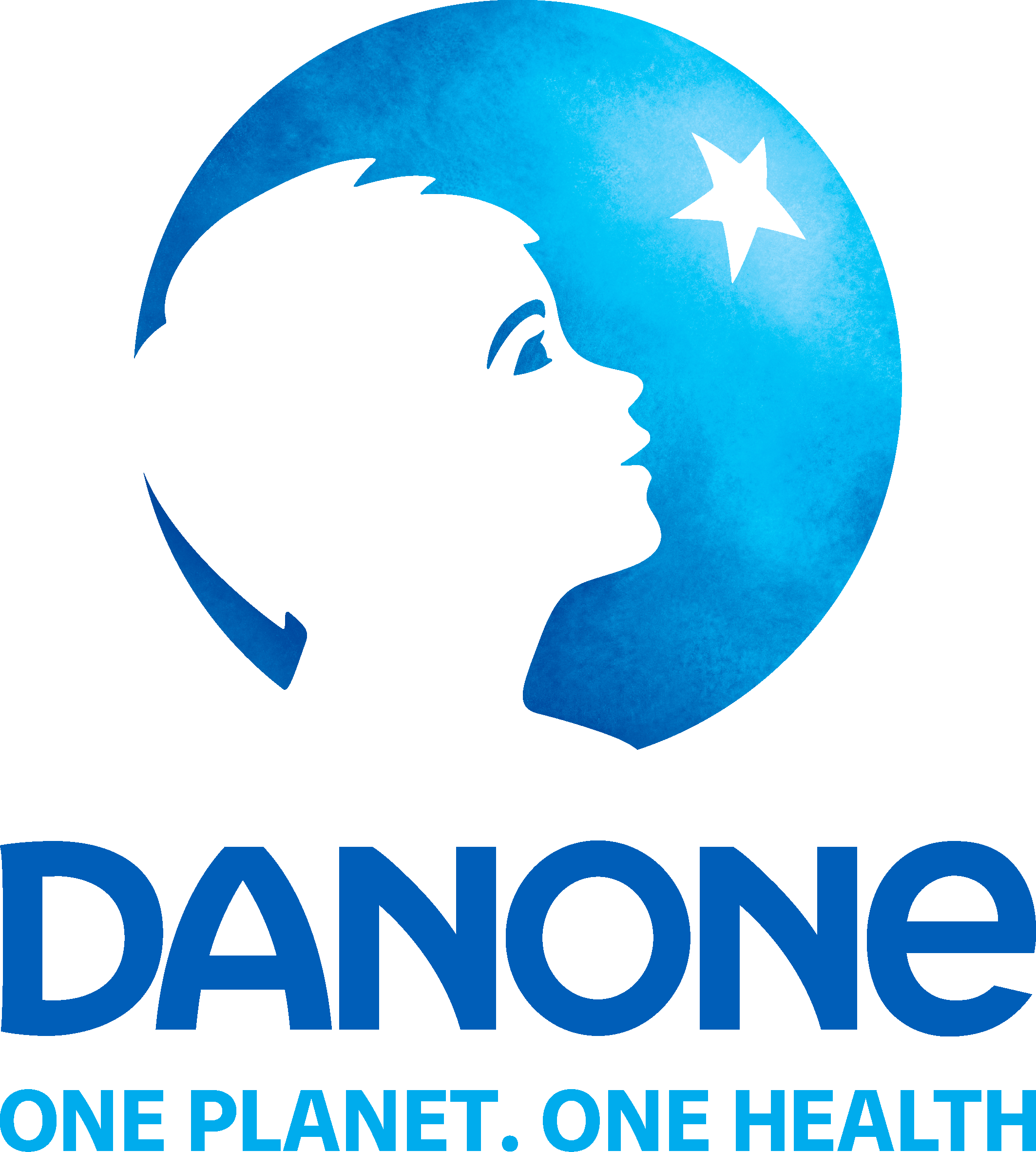

Danone Belux

Brussels-Capital Region, Belgium
September 2019
Food products
Manufacturing
Belgium
Through its long term commitment to combine economic success and social progress and in line with its Danone Impact Journey. Danone is convinced that the health of the people and the health of the planet are interconnected and aims to inspire healthier and more sustainable eating habits. With brands like Danone, Danone & Fruit, Activia, Actimel, Vitalinea, Oikos and Danio, Danone is a major player on the Belgian dairy market since 1930. Danone also supports hydration with the brands evian, Volvic and Badoit and is a key player in the specialized Nutrition for infants and adults, with the brands Nutrilon, Olvarit and Fortimel. In Belgium, more than 800 Danoners work on those three categories serving 5 million households in the Belgium and Luxembourg markets – at any stage in life. The production site of Rotselaar also works in close collaboration with more than 80 dairy farmers. For years, our commercial site Danone Belux and the factory of Rotselaar have been committed to working collaboratively with their employees, partners, institutions, local communities to positively impact.
Overall B Impact Score
Governance 17.9
Governance evaluates a company's overall mission, engagement around its social/environmental impact, ethics, and transparency. This section also evaluates the ability of a company to protect their mission and formally consider stakeholders in decision making through their corporate structure (e.g. benefit corporation) or corporate governing documents.
What is this? A company with an Impact Business Model is intentionally designed to create a specific positive outcome for one of its stakeholders - such as workers, community, environment, or customers.
Workers 32.5
Workers evaluates a company’s contributions to its employees’ financial security, health & safety, wellness, career development, and engagement & satisfaction. In addition, this section recognizes business models designed to benefit workers, such as companies that are at least 40% owned by non-executive employees and those that have workforce development programs to support individuals with barriers to employment.
Community 17.5
Community evaluates a company’s engagement with and impact on the communities in which it operates, hires from, and sources from. Topics include diversity, equity & inclusion, economic impact, civic engagement, charitable giving, and supply chain management. In addition, this section recognizes business models that are designed to address specific community-oriented problems, such as poverty alleviation through fair trade sourcing or distribution via microenterprises, producer cooperative models, locally focused economic development, and formal charitable giving commitments.
Environment 28.5
Environment evaluates a company’s overall environmental management practices as well as its impact on the air, climate, water, land, and biodiversity. This includes the direct impact of a company’s operations and, when applicable its supply chain and distribution channels. This section also recognizes companies with environmentally innovative production processes and those that sell products or services that have a positive environmental impact. Some examples might include products and services that create renewable energy, reduce consumption or waste, conserve land or wildlife, provide less toxic alternatives to the market, or educate people about environmental problems.
What is this? A company with an Impact Business Model is intentionally designed to create a specific positive outcome for one of its stakeholders - such as workers, community, environment, or customers.
Customers 11.6
Customers evaluates a company’s stewardship of its customers through the quality of its products and services, ethical marketing, data privacy and security, and feedback channels. In addition, this section recognizes products or services that are designed to address a particular social problem for or through its customers, such as health or educational products, arts & media products, serving underserved customers/clients, and services that improve the social impact of other businesses or organizations.
What is this? A company with an Impact Business Model is intentionally designed to create a specific positive outcome for one of its stakeholders - such as workers, community, environment, or customers.